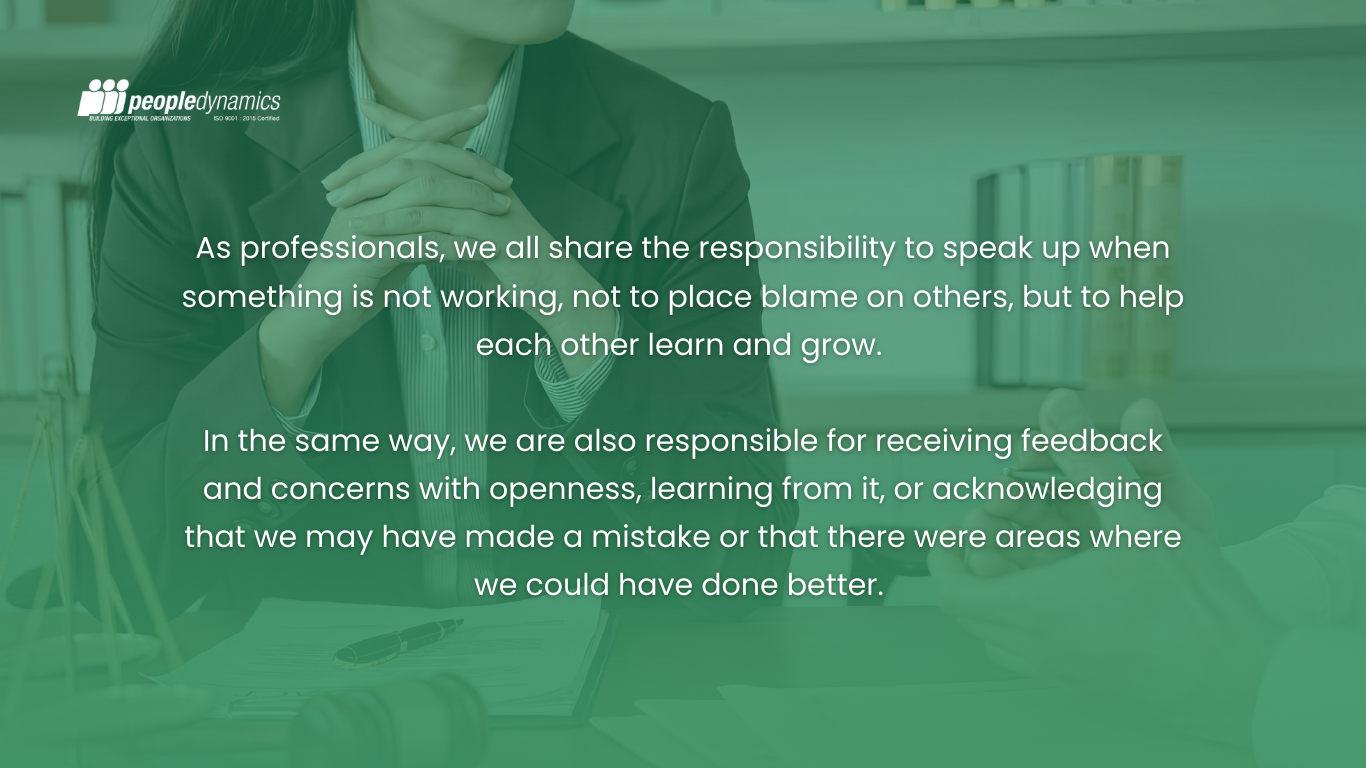Fact: despite your employee retention efforts, some turnovers are inevitable. No employee will stay in your organization forever. Employees leave organizations for different reasons. It could be because of bosses, lack of growth, or feeling unappreciated. Or it doesn’t have to be anything negative at all. Your employee may just feel that it’s time to move on to another part of their lives—and that part doesn’t involve being a part of your company.
Whatever the reason your team member may have, it’s important that you treat them with respect and that you do these 5 things when an employee leaves.
5 Things You Should Do When an Employee Leaves
Think thoroughly but quickly
When your employee informs that they want to leave, what goes through your mind? There are a lot of possibilities. You may be thinking that you want them to stay or that you’re going to prepare to replace them.
So, think thoroughly about the things you need to do once you receive the notice. But, at the same, you have to think quickly. A top employee informed you that they want to resign and you want to keep them. But because you didn’t get in touch with them in time, you missed the chance to make them stay. Or you may have already assumed that you need to replace them and didn’t think that you have a chance to retain them.
In this step, it’s also crucial that while you’re already planning your next steps, you also make sure that your employee knows that their role is significant and that you value their talents. This should be one of the first things you do when a team member resigns. Ask them the real reason why they’re leaving. Ask them if there’s anything you could do to prevent them from doing so. The key is to get honest feedback from them. That’ll also help you in deciding more effectively your next courses of action.
Don’t guilt your employee into staying
When you’re informed that an employee wants to resign, you may feel betrayed. Especially if this person is someone that you consider a huge hiring success. They have all the necessary skills and competencies. They fit the job and the culture. And when working for your company, they’re also a great performer and has become an integral part of your team.
Because of these things—and possibly more—in some part of your mind, you might feel cheated. That after everything that you’ve done for them, they’re still going to leave.
And this is why, when an employee leaves, you don’t guilt them into staying. Guilt may sabotage an employee’s performance. If they don’t want to stay, thank them for their service and congratulate them for the opportunity they received or just wish them well for their future endeavors.
Treat them with courtesy and respect—always
Not all employees who want to leave are people that you want to stay. So what do you do when it’s them resigning? You treat them with respect and courtesy.
Don’t joke about not having to fire them or them knowing their way out that you don’t have to show them. That’s highly insensitive and doesn’t only tarnish your reputation, but also the organization as a whole. Remember that your employer brand is not just affected by the positive but also the negative experiences. And people remember the negative more than the positive.
This is why it’s critical that you treat your employees—whether present or past ones—with respect and courtesy always. The same respect and courtesy should apply when a future employer conducts a background investigation about the person and contacts you.
Conduct an exit interview
If your employee is already set to leave, then conduct an exit interview. An exit interview will help you gain feedback about your company, the experience you provide, and what areas you can improve.
Plan and prepare for the session. Ensure that you’ll be getting honest answers, but not biased ones. Listen to what the employee has to say and don’t treat this interview as just an overly bureaucratic process. After hearing from the employee, learn from it, and improve.
Read this blog from Profiles Asia Pacific to know more about how to conduct an exit interview.
Guide them with the proper process
When an employee leaves, guide them with the proper process according to the law and your company policies. This usually includes turnovers, coordinating with different departments about obligations such as returning their laptops and other equipment, clearing back- and separation pays along with other balances with Finance, and more.
Make certain that when your employee leaves, you won’t have any trouble with each other. After all, reaching them can be difficult once you’ve parted ways.
Losing talents is hard, especially if it’s a talent that has been with you for a long time and has also contributed a lot to your organization. But when they do leave, you do in good terms.




